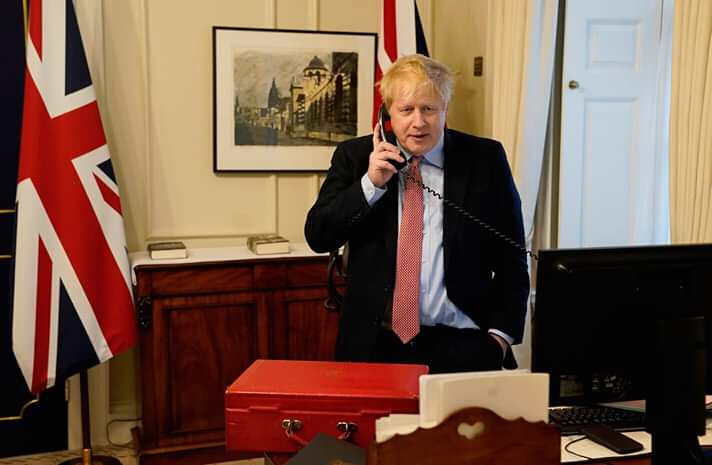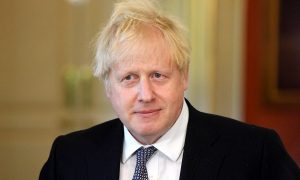
Liverpool scientists will help to identify new ways to save thousands of lives from infectious diseases, with support from the UK Government announced today.
The £15.5 million funding announcement was made on a visit by UK Global Health Minister Wendy Morton to the Liverpool School of Tropical Medicine (LSTM), where she joined international scientists and health experts in a virtual discussion on how international research can help stop the global spread of coronavirus in the coming year.
As coronavirus infections have continued to fall in the UK, parts of Africa and Asia have seen huge increases in cases in recent weeks.
The new UK aid funding for Liverpool scientists will help save lives from tuberculosis (TB) in poorer countries, focusing research on where undiagnosed infections pass the disease to vulnerable people like children and the elderly.
Amid fears that coronavirus is leading to a rise of other diseases around the world as overburdened health systems struggle to cope, UK aid will also support research into how to strengthen these health systems in the most vulnerable places, like conflict zones.
Global Health Minister Wendy Morton said:
“Coronavirus is having a devastating effect in the world’s poorest countries, threatening already fragile health systems and hampering the fight against other deadly diseases.
“Liverpool scientists are working incredibly hard with colleagues in the UK and around the world to help fight infectious diseases and save lives. Today’s global discussion reinforced the need for international co-operation on research to fight this pandemic.”
Minister Morton was joined in the virtual discussion by Professor Charlotte Watts, Chief Scientific Adviser at the Department for International Development as well as scientists from LSTM and countries like Nepal and South Africa. They discussed the different impacts coronavirus may have on developing countries, and especially how it is affecting already-fragile health systems and the fight against other deadly diseases like tuberculosis which kill millions each year.
She also spoke to scientists trialling potential UK-led coronavirus vaccines in South Africa and others analysing its long-term impact in poorer nations.
Professor David Lalloo, Director of Liverpool School of Tropical Medicine, said:
Much of our research and clinical work in recent months has been refocussed onto the COVID-19 pandemic in the UK and overseas, but at LSTM we have been acutely aware of the particular impact that the virus is having in low income settings with a high burden of other disease.
“Our work has always focused on research and strengthening capacity in disease endemic countries, and we must ensure that recent advances in disease control and improving health outcomes programmes are not destroyed by the pandemic. This new UK aid funding will enable LSTM to continue address the impact of COVID-19 and other infectious diseases on some of the world’s poorest people.
“On her visit Minister Morton also met LSTM scientists working to develop new and more effective treatments for deadly snake venom and to combat Neglected Tropical Diseases like river blindness and elephantiasis, caused by parasites, that maim tens of thousands of people each year.”




























